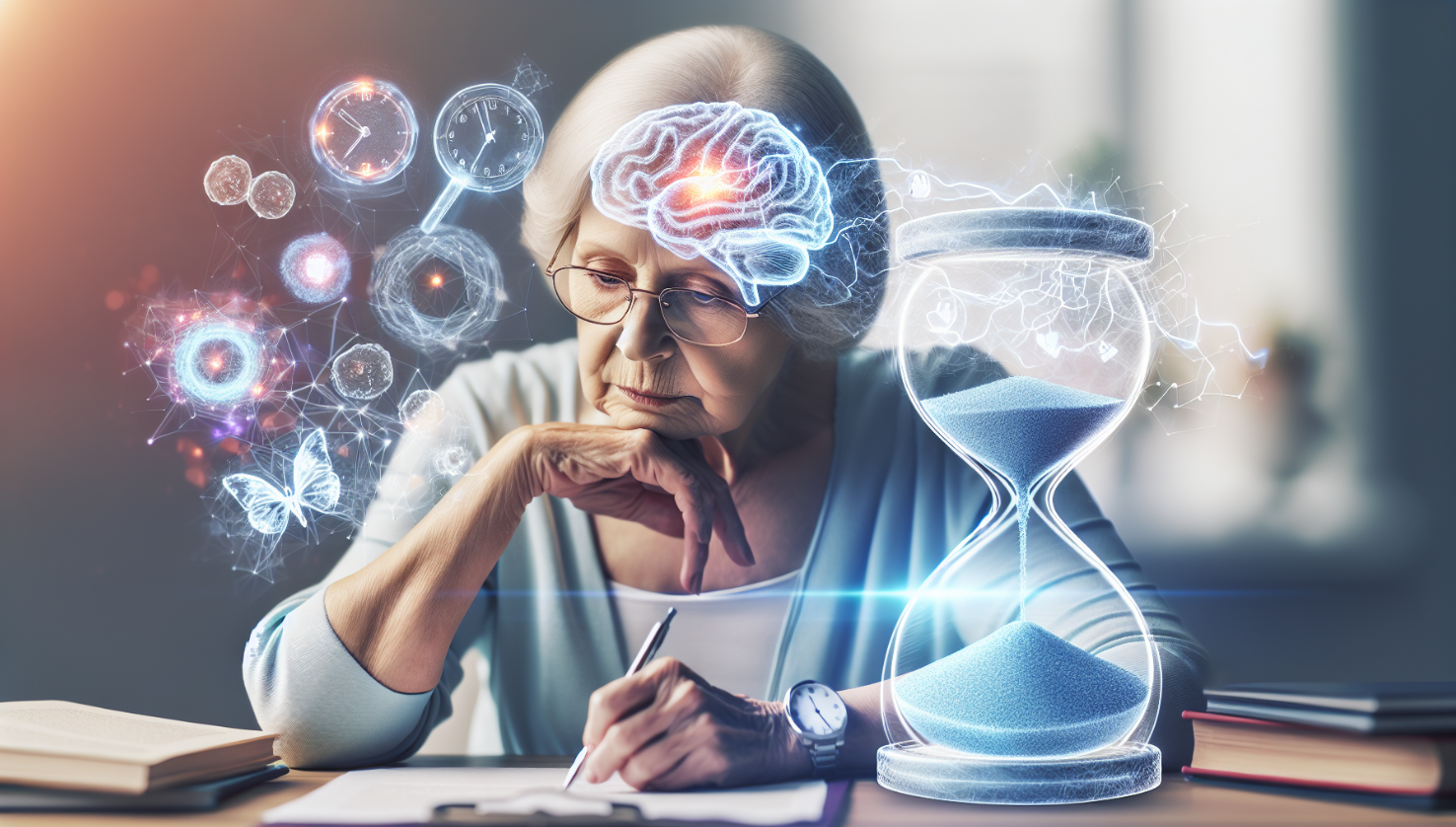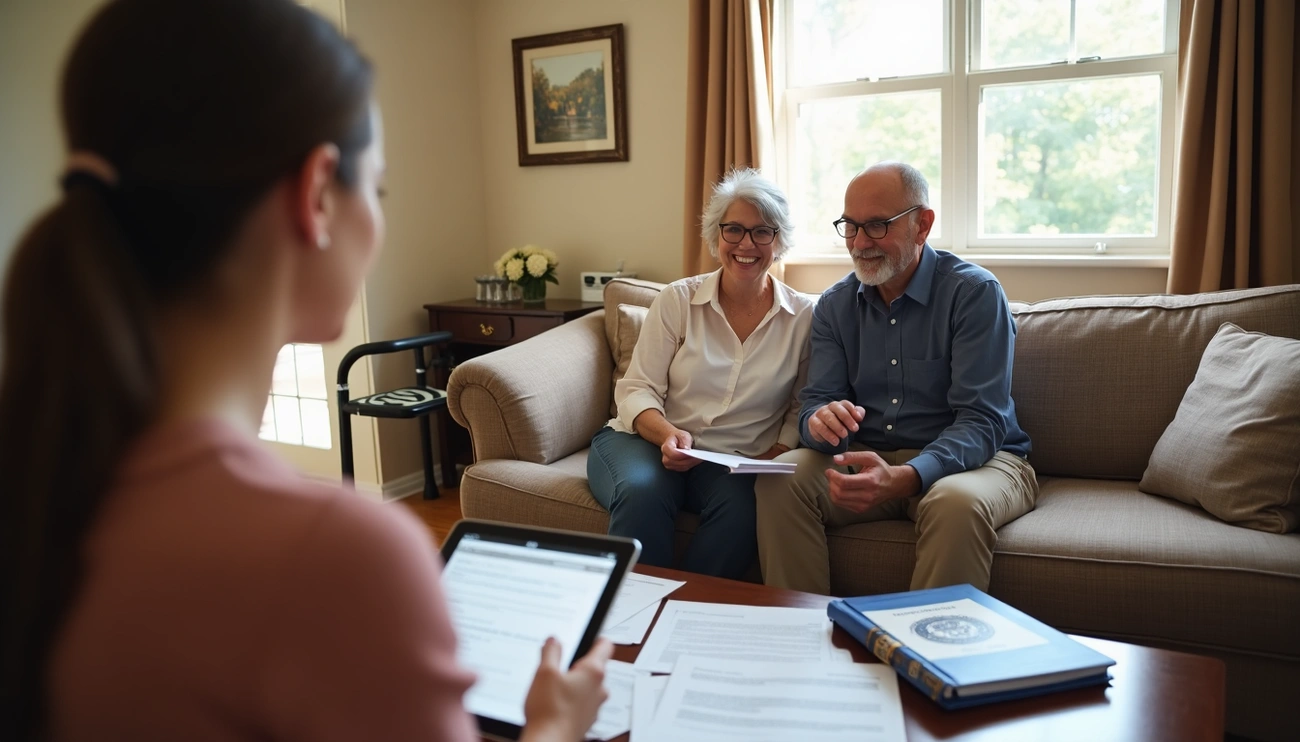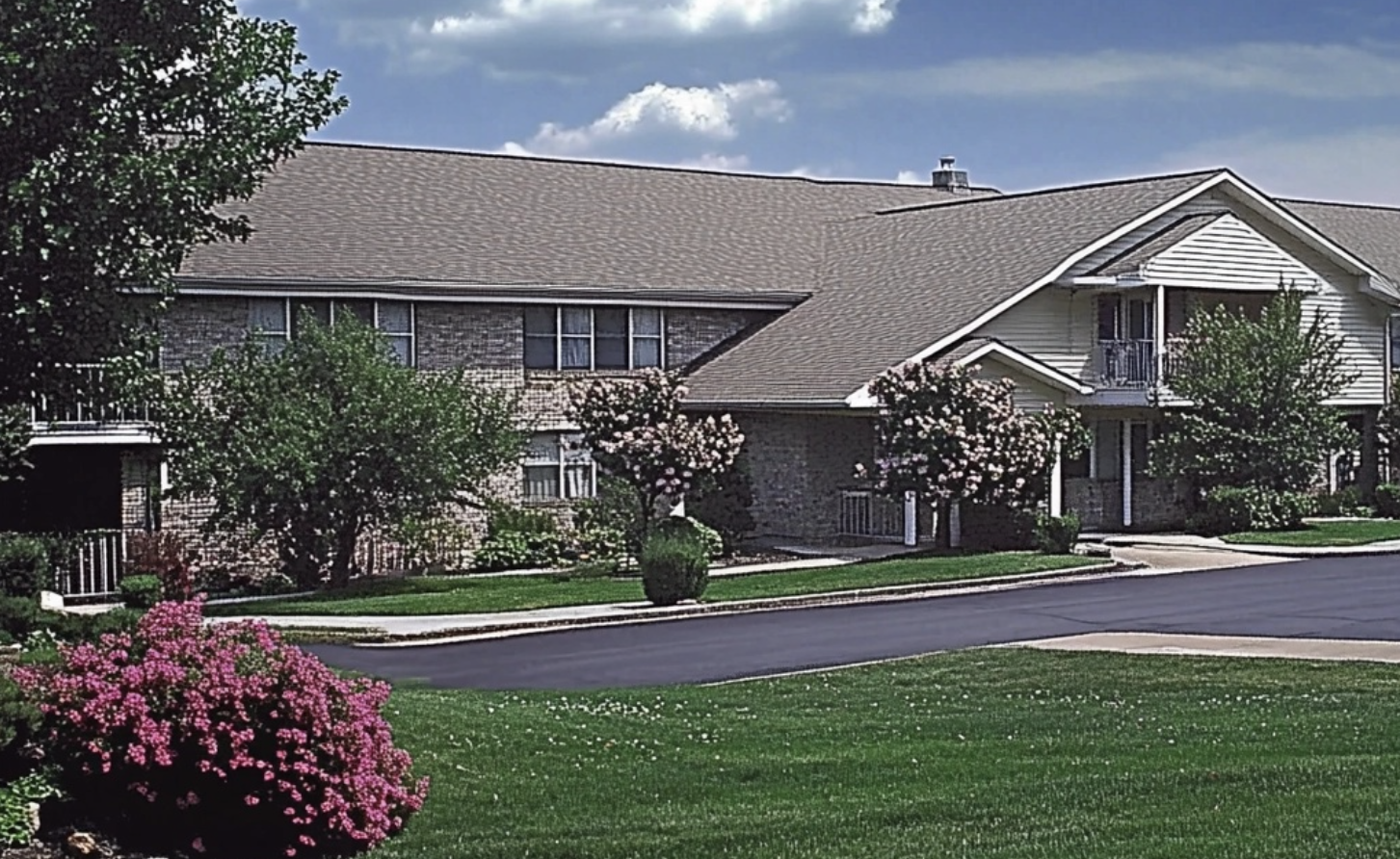As people age, concerns about elderly short term memory and what causes memory loss and forgetfulness become increasingly common. While some degree of short-term memory loss is a normal part of the aging process, it’s essential to understand the differences between age-related memory loss and more serious conditions like dementia. This knowledge can help individuals and their loved ones recognize when memory changes may require medical attention.
In this article, we will explore the various aspects of short term memory loss in elderly populations. We’ll discuss what is normal age-related memory loss, delve into the common causes of elderly short term memory loss, and highlight the key distinctions between typical age-related changes and dementia. Additionally, we’ll provide guidance on when to seek medical advice, offer methods to improve short-term memory, and discuss treatment options and support available for those experiencing memory difficulties.
Understanding Age-Related Memory Loss
As people age, it’s common to experience some degree of memory loss. While this can be concerning, it’s important to understand what is considered normal age-related memory loss and what may indicate a more serious condition like dementia.
What is considered normal?
Mild forgetfulness is a typical part of the aging process. Some examples of normal age-related memory loss include:
- Occasionally forgetting where you placed everyday items like keys or glasses
- Having difficulty remembering the names of acquaintances or blocking one memory with a similar one
- Occasionally forgetting an appointment or walking into a room and forgetting why you entered
These memory slips are usually not signs of dementia and do not significantly impact daily life. In most cases, the information will come back to you later.
Common misconceptions
There are several misconceptions about memory loss and aging:
| Myth | Reality |
|---|---|
| Memory loss always signifies dementia | Age-associated memory impairment is distinct from dementia |
| Dementia is an inevitable part of aging | Only 5-8% of people over 60 develop dementia |
| Minor memory slips are a sign of dementia | Occasionally forgetting details is normal, while frequent, severe memory issues may indicate dementia |
It’s crucial to distinguish between normal signs of aging and symptoms that may indicate dementia or Alzheimer’s disease. If you’re concerned about memory loss or other cognitive changes, consult your doctor. They can perform assessments to determine if your symptoms are age-related or due to an underlying condition.
Remember, while some short term memory loss is a normal part of aging, severe and persistent memory problems are not. Understanding the differences can help you identify when it’s time to seek medical advice and support for yourself or a loved one experiencing elderly short term memory loss.
Common Causes of Short-Term Memory Loss in the Elderly
Several factors can contribute to short-term memory loss in older adults. While some degree of memory decline is a normal part of aging, certain medical conditions and lifestyle factors may exacerbate the issue. Understanding these common causes can help distinguish between typical age-related changes and more serious concerns.
Ageing
As people age, changes occur in all parts of the body, including the brain. These changes can affect cognitive function, leading to occasional forgetfulness or difficulty recalling information as quickly as before. However, significant memory loss that disrupts daily life is not a normal part of aging and may indicate an underlying condition.
Medical conditions
- Mild cognitive impairment (MCI): MCI is characterized by memory problems that are greater than expected for a person’s age but do not significantly interfere with daily activities. While not everyone with MCI develops dementia, it can be an early sign of Alzheimer’s disease or other forms of dementia.
- Dementia: Various types of dementia, such as Alzheimer’s disease, vascular dementia, and Lewy body dementia, can cause progressive memory loss and other cognitive impairments. Symptoms may include difficulty remembering recent events, following conversations, or making decisions.
- Depression and anxiety: Mental health conditions can cause forgetfulness, confusion, and difficulty concentrating, which may be mistaken for memory loss. Treating the underlying emotional condition often improves memory function.
- Medications: Certain medications or combinations of drugs can cause side effects such as forgetfulness or confusion. It’s essential to review all medications with a healthcare provider to identify potential culprits.
- Other medical issues: Thyroid problems, vitamin B12 deficiency, sleep apnea, and infections can also contribute to short-term memory loss in older adults.
| Condition | Potential Impact on Memory |
|---|---|
| MCI | Greater than expected memory problems, may progress to dementia |
| Dementia | Progressive memory loss and cognitive decline |
| Depression & Anxiety | Forgetfulness, confusion, difficulty concentrating |
| Medication Side Effects | Forgetfulness, confusion |
| Other Medical Issues | Varies depending on the specific condition |
Lifestyle factors
- Lack of mental stimulation: Engaging in mentally stimulating activities, such as learning new skills, reading, or solving puzzles, can help maintain cognitive function and reduce the risk of memory loss.
- Social isolation: Staying connected with friends, family, and the community is crucial for maintaining mental well-being and cognitive health. Social isolation can contribute to memory problems and increase the risk of dementia.
- Poor sleep habits: Sleep plays a vital role in memory consolidation. Chronic sleep deprivation or disorders like insomnia can lead to short-term memory issues.
- Unhealthy diet and lack of exercise: A diet lacking in essential nutrients and a sedentary lifestyle can negatively impact brain health and contribute to memory problems.
By addressing these lifestyle factors and managing underlying medical conditions, older adults can help minimize the impact of short-term memory loss and maintain overall cognitive well-being. If memory problems persist or worsen, it’s essential to consult a healthcare professional for a proper evaluation and diagnosis.
Differences Between Age-Related Memory Loss and Dementia
While some degree of memory loss is a normal part of the aging process, it’s crucial to understand the key differences between age-related memory changes and the more serious symptoms associated with dementia. By recognizing these distinctions, individuals and their loved ones can better identify when memory issues may require further evaluation and medical attention.
Symptoms of normal memory changes
- Occasionally forgetting names of acquaintances or blocking one memory with a similar one
- Having difficulty remembering the details of a conversation or event that took place a year ago
- Occasionally misplacing everyday items like keys or glasses
- Sometimes forgetting an appointment or walking into a room and forgetting the reason for entering
- The individual is worried about their memory, but friends and relatives are not concerned
These memory slips are generally not signs of dementia and do not significantly impact daily life. In most cases, the forgotten information will come back to the individual later.
Symptoms of dementia
- Inability to recall details of recent events or conversations
- Difficulty recognizing or remembering the names of close family members
- Frequently forgetting things or events, with memory loss occurring more regularly
- Frequent pauses and substitutions when finding words during conversations
- Friends and relatives express worry about the individual’s memory, while the person may not be aware of any problems
| Normal Age-Related Memory Changes | Dementia Symptoms |
|---|---|
| Forgetting names of acquaintances | Unable to recall names of close family |
| Occasionally misplacing items | Frequently misplacing items, unable to retrace steps |
| Sometimes forgetting appointments | Consistently missing appointments, confusion about time and place |
| Occasional word-finding difficulties | Frequent pauses, substitutions when finding words |
| Individual worried, but others are not | Others worried, individual unaware of issues |
When memory loss and other cognitive changes begin to significantly affect daily life, interfere with familiar tasks, and cause concern among friends and family, it may be indicative of dementia. If you notice these signs in yourself or a loved one, it’s essential to consult a healthcare professional for a proper evaluation and diagnosis. Early detection and intervention can help individuals with dementia and their families access the support and resources needed to manage the condition and maintain quality of life.
When to Seek Medical Advice
If you notice signs of memory loss or cognitive decline in yourself or a loved one, it’s essential to seek medical advice promptly. Early detection and intervention can make a significant difference in managing symptoms and maintaining quality of life.
Key warning signs
- Asking the same questions repeatedly
- Getting lost in familiar places
- Difficulty following recipes or directions
- Confusion about time, people, and places
- Neglecting personal hygiene or behaving unsafely
If you or a loved one experiences any of these warning signs, it’s crucial to consult a healthcare professional. They can perform tests and assessments to determine the cause of the memory problems, which may be due to treatable conditions or dementia.
Steps to take
- Talk to close family members or friends: Discuss your concerns with those who know your loved one well. They may have noticed similar changes and can provide valuable insights.
- Approach your loved one gently: Choose a time when they are most receptive to conversation. Use “I” statements to express your concerns, such as “I’ve noticed some changes in your memory lately, and I’m a little worried.”
- Encourage a medical evaluation: Persuade your loved one to see a healthcare provider for a thorough assessment. Offer to accompany them to the appointment for support.
| Situation | Action |
|---|---|
| Sudden changes in memory or behavior | Seek immediate medical attention, as this may indicate a delirium or reversible condition |
| Gradual memory loss and cognitive decline | Schedule an appointment with a healthcare provider for evaluation and diagnosis |
| Resistance to seeking medical advice | Enlist the help of a trusted family member or friend to persuade your loved one |
Remember, early detection matters. By seeking medical advice promptly, you can explore treatment options, access support services, and plan for the future. Don’t hesitate to reach out for help if you suspect memory loss or cognitive decline in yourself or a loved one.
Methods to Improve Short-Term Memory
While there is no guaranteed way to prevent age-related memory loss or dementia, several lifestyle changes and mental exercises can help improve short-term memory in the elderly. Incorporating these strategies into daily life may slow cognitive decline and maintain mental sharpness.
Lifestyle changes
- Regular physical exercise: Engaging in moderate aerobic activity, such as brisk walking or swimming, increases blood flow to the brain, which can help keep memory sharp. Aim for at least 150 minutes of exercise per week.
- Healthy diet: Consuming a balanced diet rich in fruits, vegetables, whole grains, and lean proteins can provide essential nutrients for brain health. Omega-3 fatty acids, found in fish and nuts, are particularly beneficial for cognitive function.
- Adequate sleep: Getting 7-9 hours of quality sleep each night allows the brain to consolidate memories and repair itself. Establishing a consistent sleep schedule and creating a relaxing bedtime routine can improve sleep quality.
- Stress management: Chronic stress can negatively impact memory. Engaging in stress-reducing activities, such as meditation, deep breathing exercises, or yoga, can help alleviate stress and improve cognitive function.
- Social engagement: Maintaining strong social connections and regularly participating in social activities can help ward off depression and stress, both of which can contribute to memory loss.
Mental exercises and activities
- Brain training games: Engaging in mentally stimulating activities, such as puzzles, crosswords, or memory games, can help keep the brain active and improve cognitive function. Many online platforms and smartphone apps offer brain training exercises tailored for older adults.
- Learning new skills: Challenging the brain by learning a new skill, such as a foreign language, musical instrument, or craft, can create new neural pathways and enhance cognitive abilities.
- Reading and writing: Regular reading and writing activities can help maintain and improve language skills, memory, and concentration. Joining a book club or writing group can provide additional social benefits.
- Mnemonic devices: Using mnemonic techniques, such as acronyms or visualization, can help improve memory recall. For example, creating a story or mental image that links items on a grocery list can make it easier to remember them later.
- Memory-focused activities: Engaging in activities that specifically target memory, such as memorizing short lists or recalling details from a story, can help strengthen short-term memory skills.
| Lifestyle Changes | Mental Exercises and Activities |
|---|---|
| Regular physical exercise | Brain training games |
| Healthy diet | Learning new skills |
| Adequate sleep | Reading and writing |
| Stress management | Mnemonic devices |
| Social engagement | Memory-focused activities |
By incorporating a combination of lifestyle changes and mental exercises into their daily routines, older adults can take proactive steps to improve their short-term memory and maintain cognitive health as they age. It’s important to note that while these strategies can be beneficial, individuals experiencing significant memory loss or cognitive decline should consult with a healthcare professional for personalized advice and treatment options.
Treatment Options and Support
When faced with short-term memory loss, whether due to normal aging or dementia, various treatment options and support systems are available to help individuals manage their symptoms and maintain their quality of life. These include medical treatments, as well as community and family support.
Medical treatments
- Medications: Depending on the underlying cause of short-term memory loss, doctors may prescribe medications to help manage symptoms. For example, cholinesterase inhibitors and memantine are commonly used to treat Alzheimer’s disease, while antidepressants may be prescribed for memory loss related to depression or anxiety.
- Cognitive therapy: Cognitive behavioral therapy (CBT) can be beneficial for individuals with memory loss caused by head injuries. This therapy helps patients develop coping strategies and techniques to manage their memory difficulties.
- Surgery: In some cases, such as when memory loss is caused by brain tumors or bleeding in the brain, surgery may be necessary to address the underlying issue and potentially improve memory function.
- Nutritional supplements: If memory loss is due to vitamin deficiencies, such as a lack of vitamin B12, healthcare providers may recommend nutritional supplements to correct the deficiency and improve cognitive function.
Community and family support
- Support groups: Joining a support group can provide individuals with memory loss and their caregivers a platform to share experiences, learn from others, and find emotional support. Organizations like the Alzheimer’s Association offer both in-person and virtual support groups.
- Adult day centers and respite services: These facilities offer short-term care for individuals with dementia, allowing caregivers to take a break and attend to their own needs. Services may include supervision, meals, and transportation.
- Home care services: For those who require assistance with daily activities, home care services can provide support with tasks such as bathing, dressing, and meal preparation. Home health care services, which involve licensed medical professionals, may also be available with a doctor’s order.
- Residential care: As memory loss progresses, individuals may require more extensive care and supervision. Assisted living facilities and nursing homes can provide the necessary support and ensure a safe living environment.
| Support Type | Description |
|---|---|
| Family and friends | Sharing responsibilities and providing breaks for the primary caregiver |
| Geriatric care managers | Professionals who suggest and coordinate needed services |
| Mental health professionals | Provide emotional support and help manage caregiver stress |
| Local resources | Faith-based organizations, Area Agency on Aging, Alzheimer’s Association chapters |
| National organizations | Alzheimer’s Association, Alzheimer’s Foundation of America, Lewy Body Dementia Association |
| Government programs | National Institute on Aging-supported Alzheimer’s Disease Research Centers, Alzheimer’s and related Dementias Education and Referral (ADEAR) Center |
Accessing the appropriate treatment options and support systems can help individuals with short-term memory loss and their caregivers navigate the challenges they face. It is essential to work closely with healthcare providers and explore the various resources available to develop a comprehensive care plan that meets the individual’s specific needs.
Conclusion
As we have explored in this article, short-term memory loss is a concern that many elderly individuals and their loved ones face. By understanding the differences between normal age-related memory changes and the more serious symptoms of dementia, we can better identify when it’s time to seek medical advice and support. Adopting healthy lifestyle habits and engaging in mentally stimulating activities can help maintain cognitive function and potentially slow the progression of memory loss.
If you or a loved one is experiencing significant short-term memory difficulties, it’s crucial to consult with healthcare professionals to explore available treatment options and support systems. Remember, you are not alone in this journey, and there are resources available to help you navigate the challenges and maintain the best possible quality of life. With the right knowledge, care, and support, individuals with short-term memory loss can continue to lead meaningful and fulfilling lives.
FAQs
1. What distinguishes short-term memory loss from dementia?
Short-term memory loss involves forgetting recent events or information, which can be a normal part of aging. However, it may also indicate more serious conditions such as dementia, brain injuries, or mental health issues. Short-term memory refers to how the brain holds newly acquired information for a brief duration.
2. How can one differentiate between normal memory changes due to aging and dementia?
Normal aging might involve occasionally struggling to recall a word but remembering it later. In contrast, dementia could be indicated by more frequent difficulties in finding the right words or often referring to objects as “that thing.”
3. What indicates short-term memory loss that isn’t related to dementia?
A significant decline in short-term memory might suggest mild cognitive impairment (MCI), not necessarily dementia. While people with MCI may experience noticeable short-term memory challenges, they generally maintain their critical thinking and reasoning abilities.
4. Which type of memory is usually affected first in dementia?
In dementia, especially Alzheimer’s disease (AD), episodic memory is typically impacted first. This type of memory involves personal experiences and specific events. Early symptoms might include forgetting where keys are placed, missing appointments, or failing to pay bills on time.












